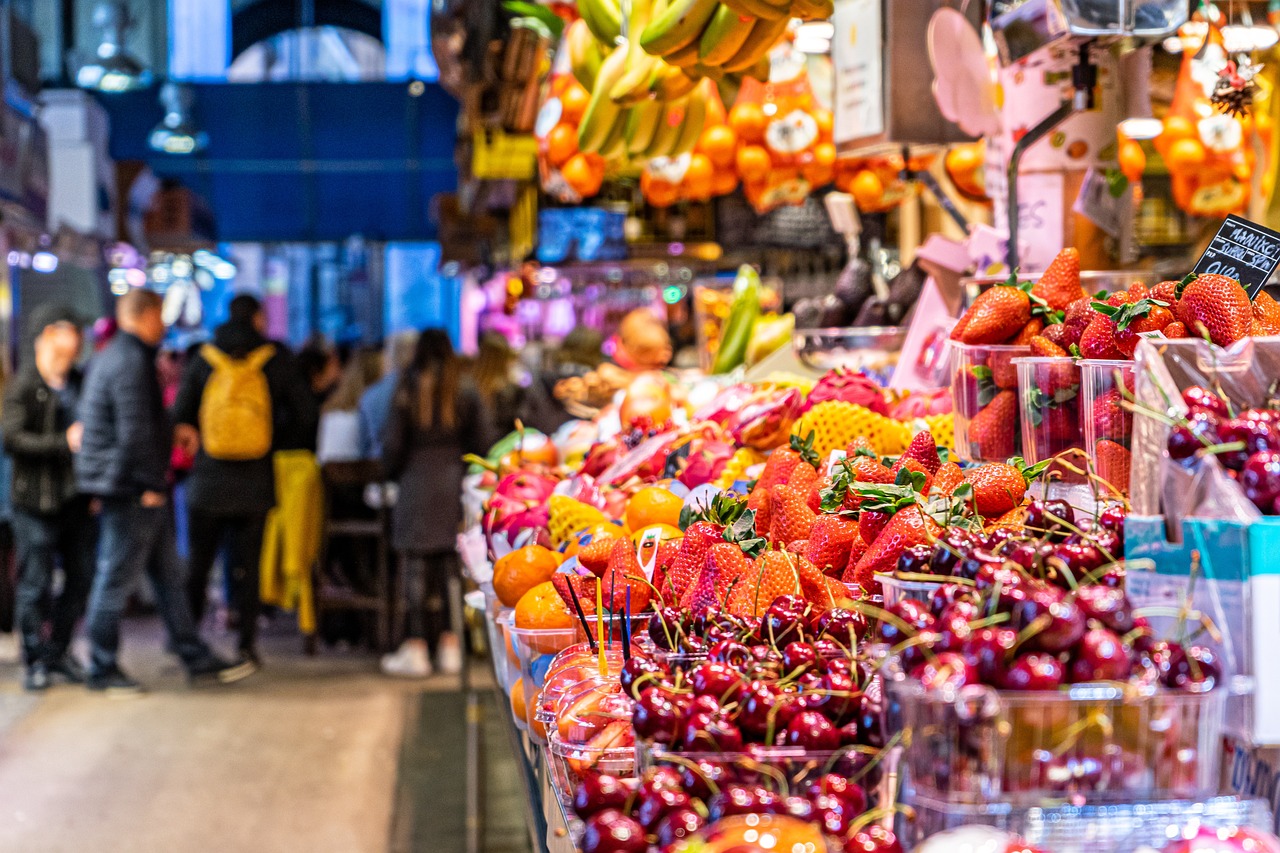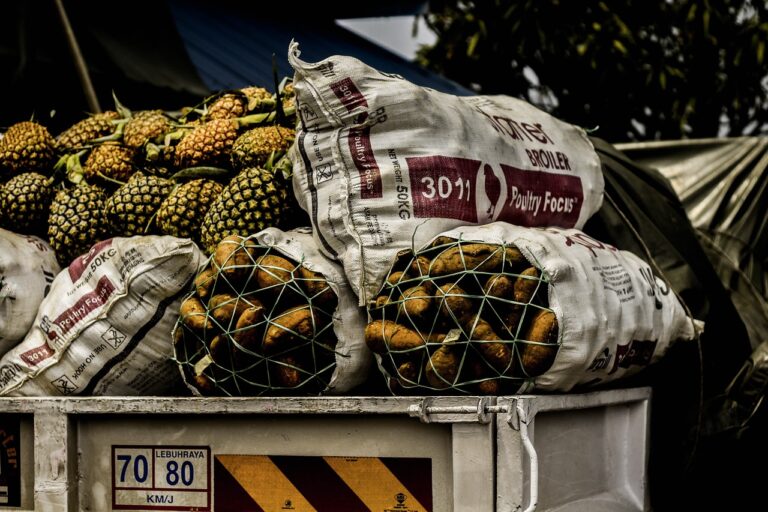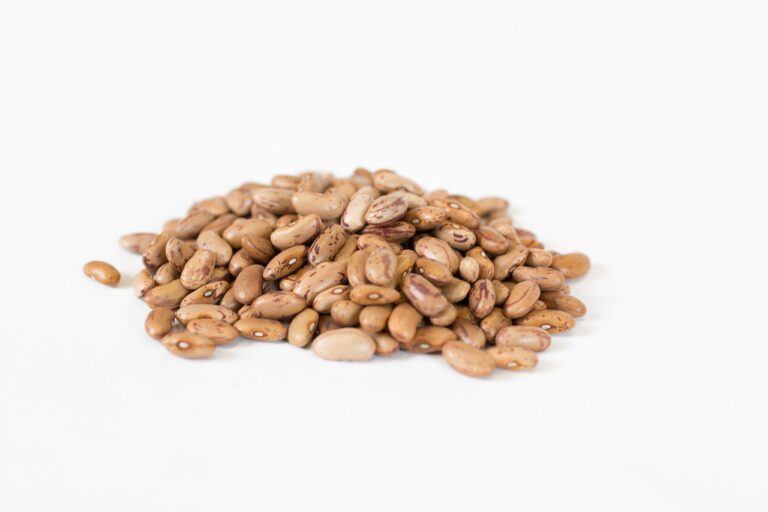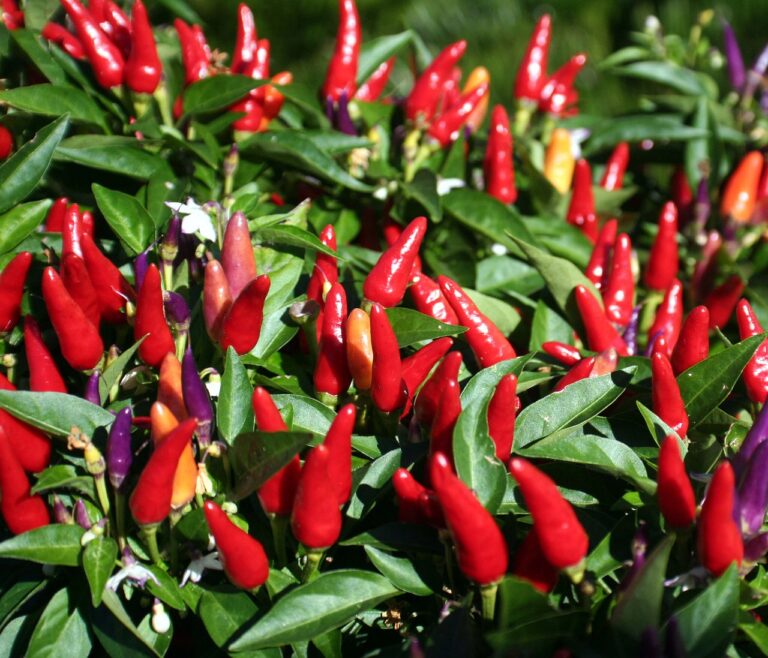Ice Cream and Environmental Impact: Sustainable Practices in Production and Packaging: 99 exch, Laser 247 com, Yolo 247 login
99 exch, laser 247 com, yolo 247 login: Ice cream is a beloved treat enjoyed by people all around the world. However, as delicious as it may be, the production and packaging of ice cream can have a significant impact on the environment. From dairy farming to plastic containers, there are several aspects of ice cream production that can contribute to environmental harm. In this blog post, we will explore sustainable practices in ice cream production and packaging that can help minimize the environmental impact of this sweet indulgence.
Reducing Carbon Footprint in Dairy Farming
Dairy farming is a key component of ice cream production, as milk is a primary ingredient in most ice cream recipes. However, traditional dairy farming practices can have a significant carbon footprint. Cows produce methane, a potent greenhouse gas, through their digestion process. In addition, dairy farms often use large amounts of water and energy for milk production.
To reduce the environmental impact of dairy farming, some ice cream companies are turning to sustainable practices. This includes implementing rotational grazing techniques, which help sequester carbon in the soil and reduce methane emissions from cows. Additionally, some farms are investing in renewable energy sources to power their operations, such as solar or wind power. By adopting these sustainable practices, ice cream producers can help minimize the carbon footprint of their dairy supply chain.
Using Organic and Local Ingredients
Another way ice cream producers can reduce their environmental impact is by sourcing organic and local ingredients. Organic farming practices eschew synthetic pesticides and fertilizers, which can harm the environment and wildlife. By using organic ingredients, ice cream companies can support sustainable agriculture and reduce the use of harmful chemicals in food production.
In addition, sourcing ingredients locally can help reduce the carbon footprint of ice cream production. By buying from local farmers, ice cream companies can minimize the emissions associated with transportation and support their local communities. Plus, using fresh, locally-sourced ingredients can enhance the flavor and quality of the ice cream, providing a win-win for both the environment and consumers.
Investing in Sustainable Packaging
Packaging is another key consideration when it comes to the environmental impact of ice cream production. Traditional plastic containers are a major source of waste and pollution, as they often end up in landfills or oceans. To address this issue, some ice cream companies are investing in sustainable packaging alternatives, such as compostable or biodegradable containers.
In addition, some companies are experimenting with innovative packaging solutions, such as edible ice cream cones or packaging made from recycled materials. By investing in sustainable packaging, ice cream producers can reduce their environmental impact and appeal to environmentally-conscious consumers.
Supporting Fair Trade and Ethical Practices
In addition to environmental considerations, ice cream producers should also prioritize fair trade and ethical practices in their supply chain. This includes ensuring that farmers and workers are paid fair wages, have safe working conditions, and are treated with respect and dignity. By supporting fair trade practices, ice cream companies can help promote social justice and support communities around the world.
Furthermore, companies can also support ethical sourcing practices by verifying that their ingredients are free from child labor, slavery, and other human rights abuses. By prioritizing fair trade and ethical practices, ice cream producers can build trust with consumers and demonstrate their commitment to sustainability and social responsibility.
FAQs
Q: Are there vegan options for environmentally-conscious ice cream lovers?
A: Yes, there are several vegan ice cream options available that use plant-based ingredients instead of dairy. These vegan ice creams are often made from ingredients such as coconut milk, almond milk, or soy milk, and are a great choice for environmentally-conscious consumers.
Q: How can I reduce my environmental impact when enjoying ice cream?
A: To reduce your environmental impact when enjoying ice cream, consider choosing products with sustainable packaging, supporting fair trade and ethical practices, and opting for organic or locally-sourced ingredients. Additionally, you can reduce waste by choosing cone instead of plastic cups, and reusing or recycling containers.
Q: What can ice cream companies do to further reduce their environmental impact?
A: Ice cream companies can continue to invest in sustainable practices such as renewable energy sources, carbon offset programs, and waste reduction initiatives. Additionally, they can work with their suppliers to ensure fair trade and ethical practices throughout their supply chain.
By adopting sustainable practices in production and packaging, ice cream companies can help minimize their environmental impact and contribute to a more sustainable future. From reducing carbon footprint in dairy farming to investing in sustainable packaging, there are many ways ice cream producers can make a positive difference for the planet. So next time you treat yourself to a scoop of ice cream, consider choosing options that are both delicious and environmentally-friendly.







